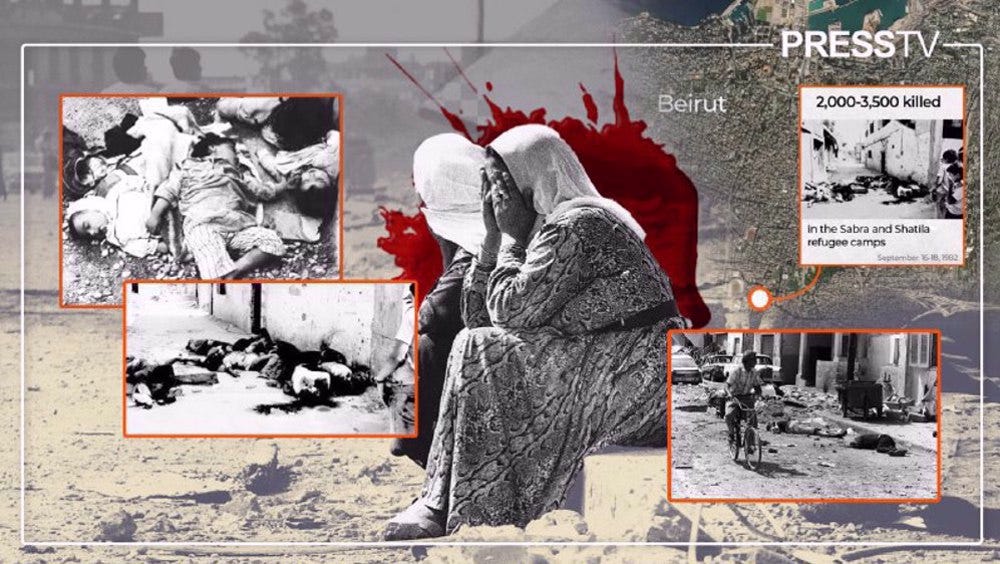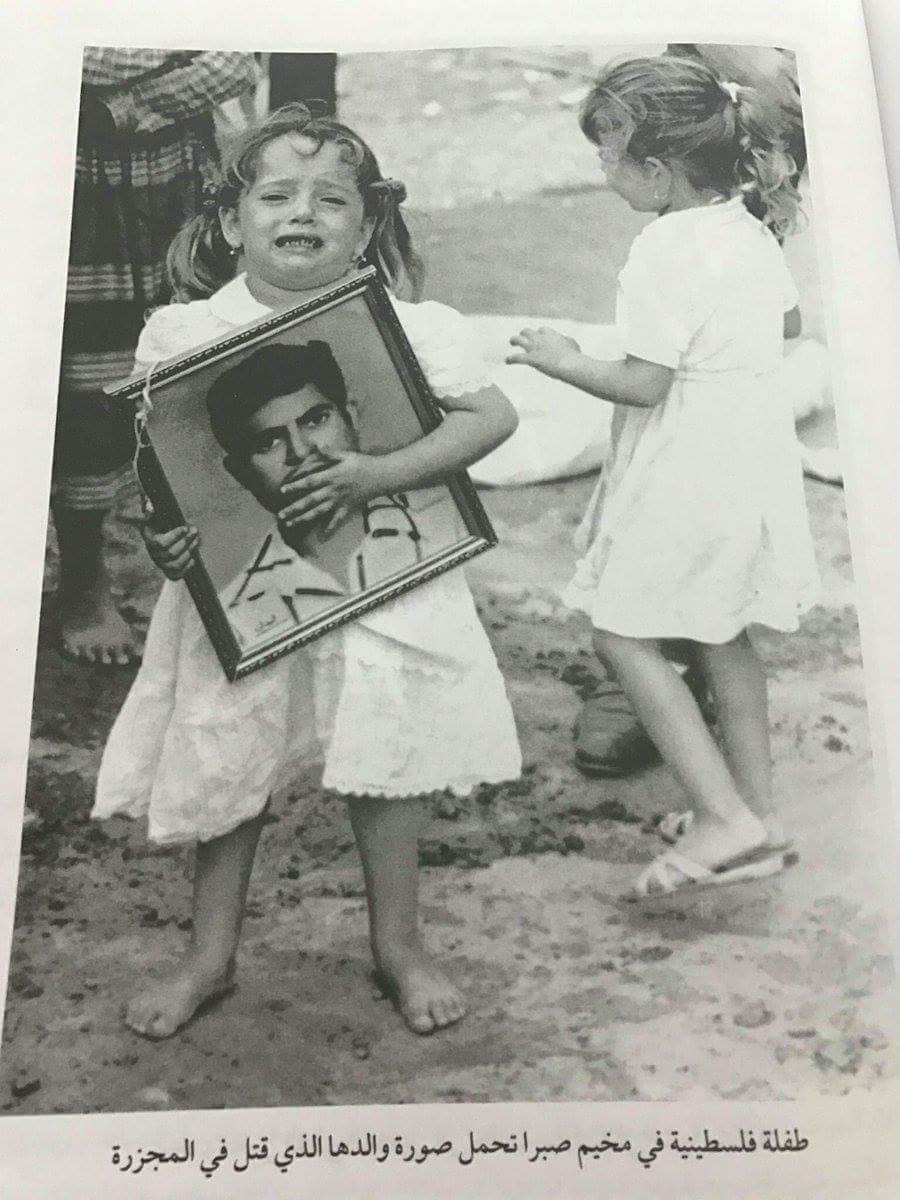Sabra & Shatila: Echoes of a Forgotten Massacre
Honouring the memory of thousands of Palestinians slaughtered in 43 hours of horror
Forty-three years have passed, yet the shadows of Sabra and Shatila still loom heavy over Palestine, Lebanon, and the conscience of the world. What happened in those refugee camps in September 1982 was not just a massacre — it was an attempt to erase a people, their families, and their dignity.
For 43 long hours, the camps of Sabra and Shatila in Beirut became sites of unspeakable terror. Entire households were wiped out. Women, children, and the elderly — the most defenceless — bore the brunt of the carnage. Their lives were extinguished in alleys, in homes, in the very spaces where they had sought refuge from earlier wars.
The brutality was systematic. Lights fired into the night sky turned darkness into daylight so that the killers could move from one street to another with precision. Bulldozers later buried the victims in mass graves, as if their very memory could be silenced. But the cries of the murdered refuse to be covered by earth.
To this day, survivors live with wounds that time cannot heal. Mothers who lost their children, children who grew up without parents, families forever broken. The silence of much of the world at that time remains one of the deepest betrayals of the Palestinian cause.
Sabra and Shatila are not just chapters in history books. They are sacred ground, soaked with the blood of martyrs. They are reminders that injustice, left unchecked, breeds further oppression. And they are a call to conscience — to never allow the memory of these victims to fade into the background of history.
We write, we remember, and we mourn — not simply to recount tragedy, but to affirm the humanity of those whose voices were stolen. May their souls rest in eternal peace, and may their memory be a torch for justice in a world still scarred by silence and complicity.
Source: PressTv



